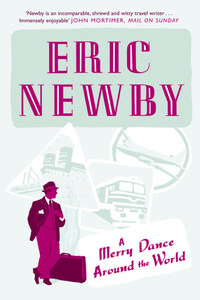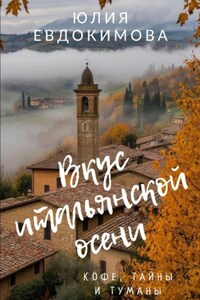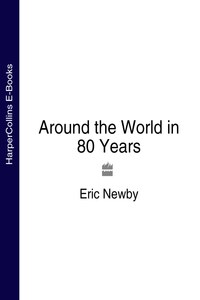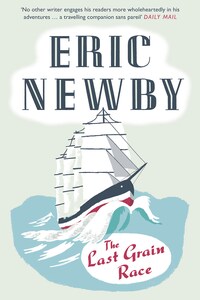BIRTH OF A TRAVELLER
Births, Marriages, Deaths NEWBY. – On the 6th December at 3 Castelnau Mansions, Barnes, SW13, to Hilda Newby, wife of Geo. A. Newby – a son.
IN THIS EXTRAVAGANT fashion – altogether it cost 50p ($1.95)>*, at a time when Lady Secretaries with shorthand and typing were earning around £3.50 ($13.65) a week – my arrival was announced on the following Tuesday, 9 December, in The Times and the Daily Telegraph, two of the daily newspapers my father ‘took in’ at that period. The other was the Daily Mirror, then a rather genteel paper, which he ordered for my mother, but never looked at himself, and which she passed on to the cook/housekeeper when she had finished with it. From then on it was also passed on to a nurse.
At 3.45 a.m., the ghastly hour I chose, or rather the doctor chose, for my arrival – I had to be hauled out by the head – conditions must have been pretty beastly in Barnes. It was a dark and stormy night, with a fresh wind from the west whose gusts would have been strong enough to blow clouds of spray from the big reservoir (which was opposite our flat by the bridge and which has now been filled in to make playing fields for St Paul’s School) over the pavement and right across the main road (which was called Castelnau but which all the inhabitants knew and know to this day as Castlenore) as it always did when the wind was strong from that particular quarter, sometimes, but rarely at 3.45 a. m. wetting unwary pedestrians and people travelling in open motor cars.
And it was certainly dark, although the moon had been up for more than thirteen hours and was only a day off full. It would be nice, more romantic, altogether more appropriate for a potential traveller, to think of myself arriving astride the Centaur, and, Sagittarius being in the ascendant, perhaps carrying the latter’s arrows for him, as we moved across a firmament in which ragged clouds were racing across the path of a huge and brilliant moon; but it was not to be. It was ordained that I should be a child not only of darkness but of utter darkness, of ten-tenths cloud.
When it dawned, the day was even more rumbustious than the night. And when the sun rose, just before eight o’clock, like the moon, it remained invisible. Thunderstorms visited many parts of the country, accompanied by hail, sleet or snow and west or north-westerly winds which reached gale force in high places. In Lincolnshire, the Belvoir Hunt, having ‘chopped a fox’ in Foston Spinney (seized it before it fairly got away from cover), ‘were hunting another from Allington when scent was totally swept away by a tremendous rainstorm’.
‘Flying Prospects’ on my birthday were not good, according to The Times. It is now difficult to imagine that a pilot, or even a passenger, might actually buy a newspaper in order to find out whether it was safe to ‘go up’, but it must have been so, otherwise there would have been no point in publishing the information at all. ‘Unsuitable for aviation or fit only for short distance flying by the heaviest sort of machine’ was what the communiqué said. ‘Sea Passages’ were equally disagreeable. The English Channel was rough, with winds reaching forty miles an hour, and there was extensive flooding in France.
But if the weather was disturbed that Saturday, it was as nothing compared with the state of great chunks of Europe and northern Asia. In spite of the fact that the advertising department of The Times had chosen this particular Saturday to announce ‘PRESENTS SUGGESTIONS FOR THE GREAT PEACE CHRISTMAS’, on it Latvians were fighting Germans, on whom they had declared war a week previously on 28 November, and so were the Lithuanians. In Russia, on the Don and between Voronezh and Kirsk and in Asia, beyond the Urals, along the line of the Trans-Siberian Railway, where typhus was raging, Bolsheviks and White Russians were engaged in a civil war of the utmost ferocity. Meanwhile, that same Saturday, while their fellow countrymen were destroying one another, with their country in ruins and becoming every day more ruinous, Lenin and Trotsky and the 1109 delegates of the Seventh All-Russian Congress of Soviets passed a resolution to the effect that ‘The Soviet Union Desires to Live in Peace with All Peoples’. On that day, too, Lenin told the Congress that ‘Communistic Principles were being utterly disregarded by the Russian peasantry.’
That day, too, much nearer home, while I was taking my first nourishment, as it were, in the open air, French Army units with heavy guns were rumbling across the Rhine bridges in order to force the Germans to ratify the peace treaty which they had signed at Versailles in June; and in the same issue of











